RSS
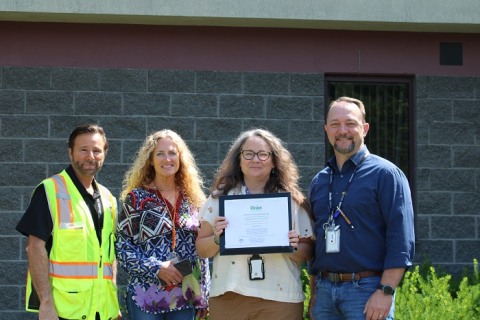
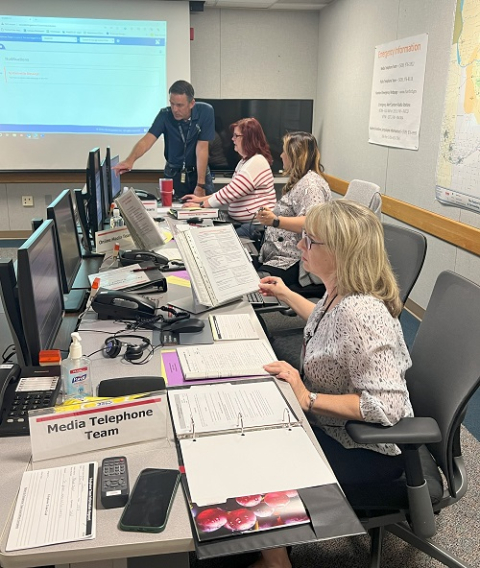
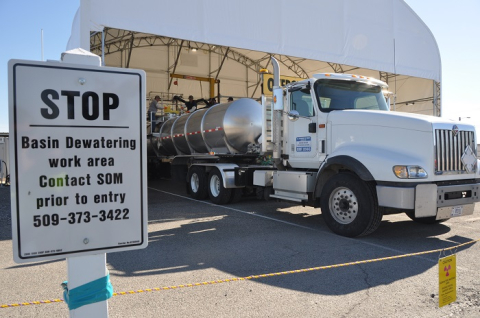
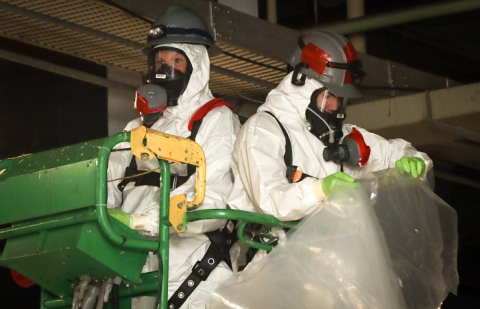
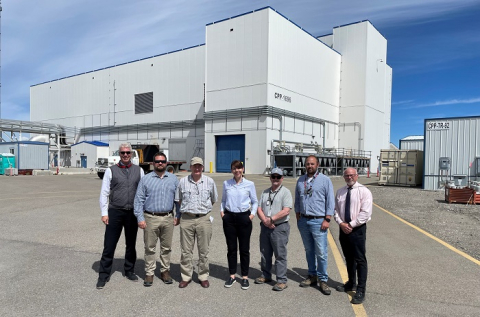
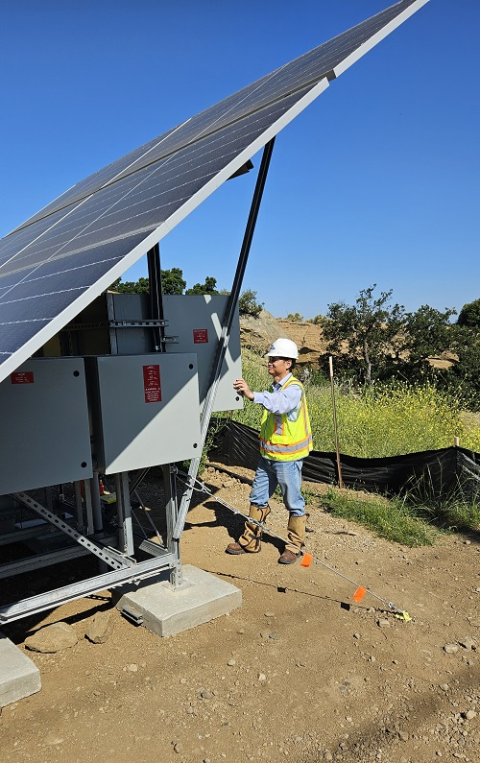
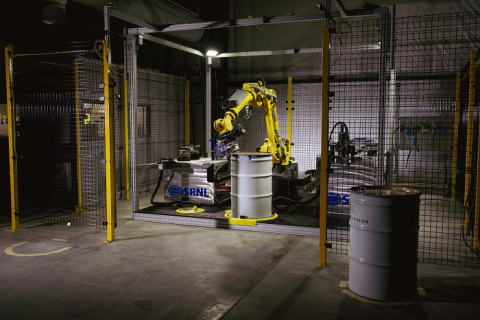
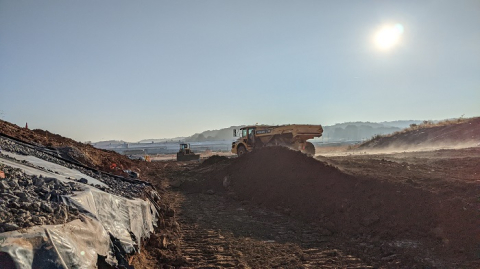
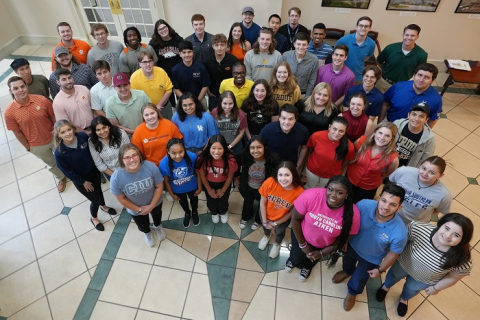
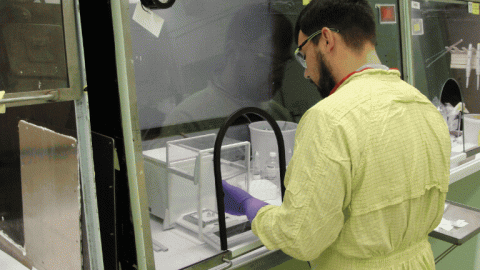

The International Organization for Standardization (ISO) has recertified the West Valley Demonstration Project’s Environmental Management System, a management practice that allows organizations to conduct work in a systematic manner to minimize impacts of operations on the environment.

Crews with U.S. Department of Energy Office of Environmental Management (EM) contractor Hanford Mission Integration Solutions (HMIS) designed a unique and challenging scenario to test the effectiveness of emergency response during the Hanford Site’s recent Annual Field Exercise.

EM is draining the last large concrete basin at the Hanford Site.

Portsmouth Site crews relied on detailed planning, collaboration and teamwork to successfully complete the characterization activities in the X-333 Process Building, which is slated for demolition early next year.

Members of the U.S. Senate Armed Services Committee recently toured the Idaho Nuclear Technology and Engineering Center at the Idaho National Laboratory Site.

A new automated pumping system is up and running at the Former Sodium Disposal Facility on the U.S. Department of Energy Office of Environmental Management’s Energy Technology Engineering Center site at the Santa Susana Field Laboratory.

Savannah River Site recently entered the final testing stage of a multi-year project to introduce automation to its mission to downblend surplus plutonium for permanent disposal and remove it from South Carolina, benefiting personnel while saving taxpayer dollars.

The Oak Ridge Office of Environmental Management and contractor UCOR have completed the largest soil remediation at the East Tennessee Technology Park.

The U.S. Department of Energy Office of Environmental Management liquid waste contractor at the Savannah River Site has welcomed the largest class of interns in the program’s history.

New chemical technologists at the Hanford Site’s 222-S Laboratory, operated by contractor Navarro-ATL, are engaged in a four-month education program.

